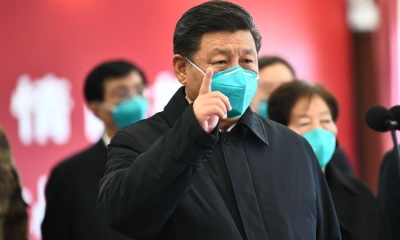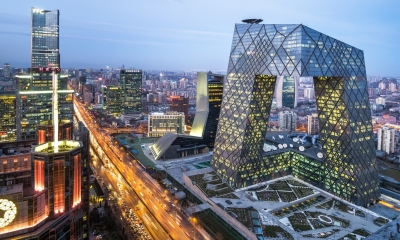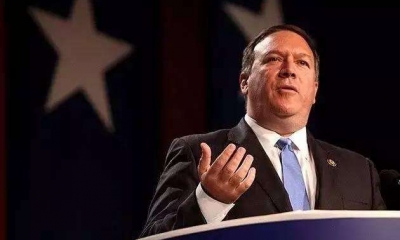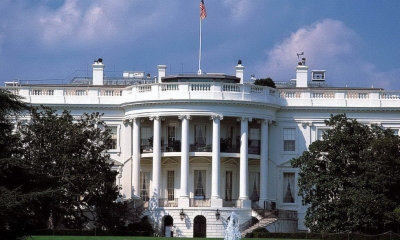Half a Century of EU-China Ties: Stronger and More Relevant Than Ever
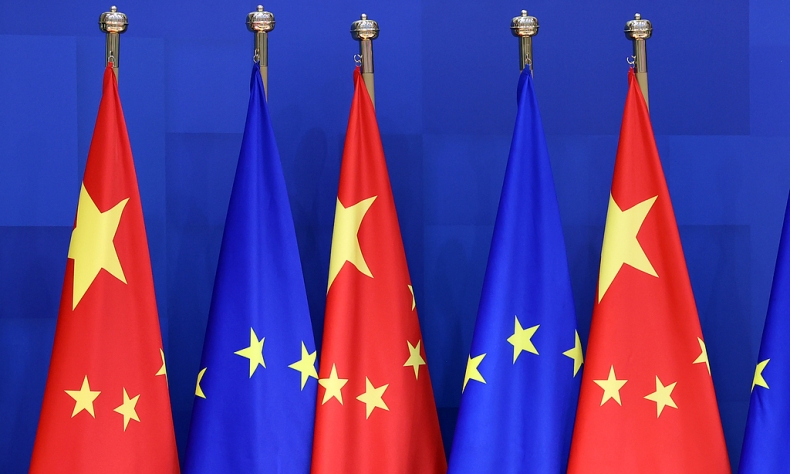
By fostering deeper cooperation, embracing dialogue, and working towards common goals, Europe and China can continue to be forces for peace, development, and sustainability in the decades to come.
2025 marks the 50th anniversary of the establishment of diplomatic relations between the European Union (EU) and China. It is a significant milestone, not just for these two global actors but for the entire world. Half a century of engagement has brought both challenges and opportunities, but the enduring nature of the relationship speaks to its importance. This anniversary presents a valuable occasion to reflect on the past five decades, assess the present dynamics, and strategize for a more prosperous and sustainable future.
In 1975, when the European Economic Community (EEC) and the People’s Republic of China (PRC) initiated formal diplomatic relations, the world was a vastly different place. Europe was in the midst of deepening its integration, laying the foundation for the formation of the European Union in 1993, while China was on the eve of embarking on a path of reform that would lead to unprecedented economic growth. At the time, global politics were dominated by the Cold War, and both Europe and China were navigating their respective roles within a rapidly evolving international order.
Since then, both regions have undergone profound transformations. Europe has expanded and integrated further, adopting a common currency, strengthening its institutions, and emerging as a key player in global affairs. Meanwhile, China has risen to become the world’s second-largest economy, lifting hundreds of millions out of poverty and positioning itself as a leader in technology, trade, and infrastructure development. These changes have not only reshaped the bilateral relationship between the EU and China but have also influenced the broader global landscape.
One of the most remarkable aspects of the EU-China relationship is the scale of economic interdependence that has developed over the past five decades. Bilateral trade grew to €739 billion in 2023—more than €2 billion per day—making China the EU’s second-largest trading partner, while the EU remains one of China’s most important markets.
This economic partnership is built on a complex web of supply chains, investment flows, and technological exchanges. European businesses operate extensively in China, and Chinese enterprises have established a strong presence in Europe.
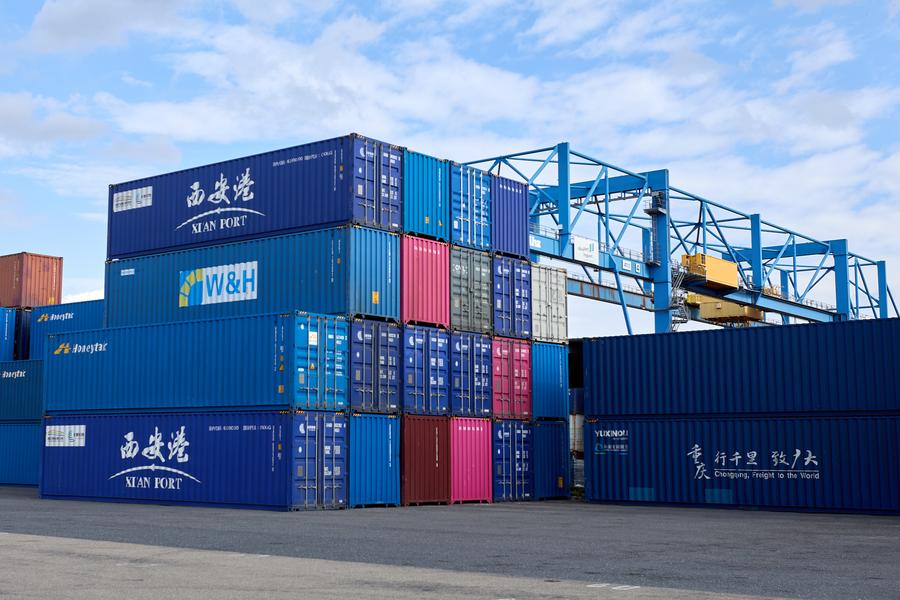
However, this interdependence is not without challenges. Issues such as market access, intellectual property rights, and fair competition have often been points of contention. Nevertheless, the sheer volume and depth of economic ties demonstrate a mutual recognition of the benefits that arise from continued engagement. The challenge for policymakers on both sides is to ensure that this relationship remains balanced, sustainable, and beneficial for both.
The geopolitical landscape today is undergoing significant shifts, and the EU-China relationship must adapt accordingly. One of the most consequential developments is the return of Donald Trump to the presidency of the United States. His administration is to pursue policies that challenge both the EU and China, potentially creating new areas of convergence between the two.
Both the EU and China share a strong commitment to addressing global challenges such as climate change. With the U.S. retreats from international climate commitments under Trump, Europe and China need to step up coordinated efforts to drive global climate action. Both have set ambitious targets for carbon neutrality, Europe by 2050 and China by 2060, and their collaboration in areas such as renewable energy, green finance, and sustainable development will be crucial for the world’s climate goals.
Moreover, both sides believe in the importance of multilateralism. The EU and China have been strong supporters of international institutions such as the United Nations, the World Trade Organization, and the World Health Organization. In an era where multilateralism is under strain, the two can work together to strengthen global governance and ensure that international rules remain fair, transparent, and effective.
The EU-China relationship extends beyond trade and diplomacy. Scientific and technological cooperation has flourished, with joint research initiatives in fields ranging from space (Phase 6 of the Dragon Program) to public health. Cultural exchanges have also deepened mutual understanding. European and Chinese universities have established partnerships, facilitating student exchanges and academic collaboration. Tourism, culture and art have all played a role in fostering people-to-people ties that transcend political and economic considerations. These cultural connections serve as a reminder that at the heart of international relations are human interactions that build trust and friendship.
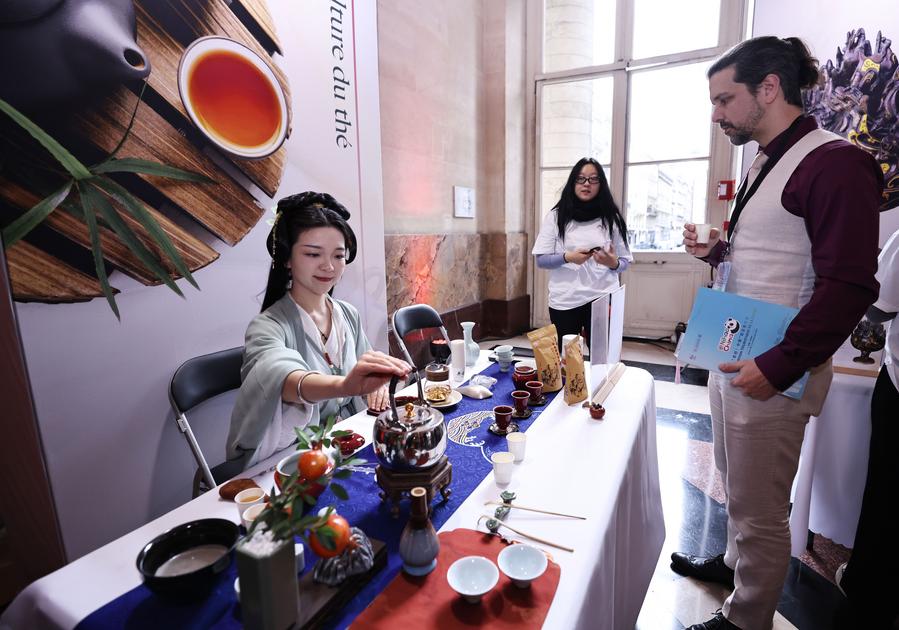
Despite the many achievements of EU-China cooperation, challenges remain, as illustrated by the vicissitudes of the Comprehensive Agreement on Investment (CAI). Political differences, trust deficits, and strategic competition in areas such as technology and security continue to pose difficulties. However, history has shown that engagement, dialogue, and pragmatic cooperation can lead to solutions that benefit both sides.
The key to a successful EU-China relationship in the decades to come will be the ability to manage differences while deepening collaboration in areas of shared interest. This requires a commitment to open communication, respect for each other’s core interests, and a willingness to find common ground on global issues.
It is essential to ensure that economic ties remain mutually beneficial. The EU has emphasized the need for a level playing field and greater reciprocity in trade and investment. China, on its part, has signaled a commitment to further opening its markets. If these commitments are met with concrete actions, they will help sustain a healthy and balanced economic relationship.
Looking back at the past five decades, one thing is clear: the cooperation between Europe and China, as two of the world’s most ancient civilizations, has been a source of wisdom and stability. This partnership has not only contributed to economic growth but has also played a crucial role in global governance, climate action, and dialogue between different cultures.
As we look to the future, the need for EU-China cooperation is more pressing than ever. The world is facing complex and interconnected challenges, ranging from economic uncertainty to environmental crises, geopolitical tensions and geoeconomic fragmentation. In such a context, a strong and constructive EU-China relationship can serve as a pillar of global stability and progress.
Celebrating 50 years of diplomatic relations is not just about looking back, it is about reaffirming a commitment to a shared future. By fostering deeper cooperation, embracing dialogue, and working towards common goals, Europe and China can continue to be forces for peace, development, and sustainability in the decades to come.
The world has changed tremendously in the past 50 years, and it will continue to evolve, driven by disruptive technology among other powerful forces of change. In this context, the value of partnership increases. The journey of EU-China relations is a testament to the power of diplomacy, cooperation, and shared aspirations. The next chapter awaits, and with vision and commitment, it can be one of even greater achievements.
The article reflects the author’s opinions, and not necessarily the views of China Focus.
 Facebook
Facebook
 Twitter
Twitter
 Linkedin
Linkedin
 Google +
Google +




